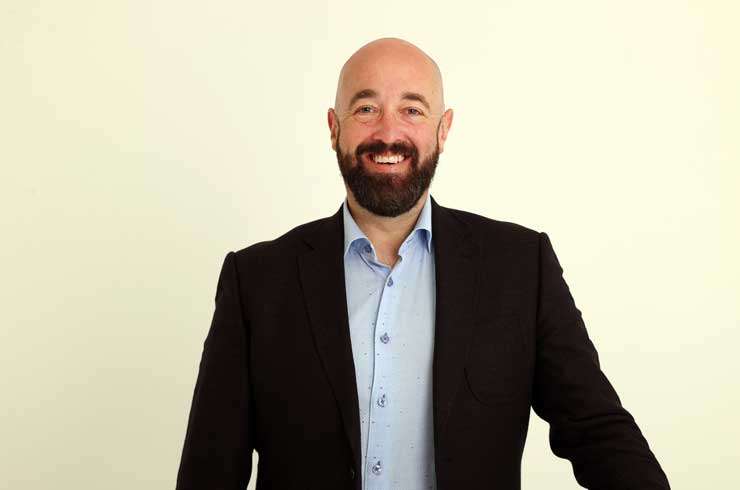ANALYSIS: With interest rates up in recent years and property prices still very high, some buyers are asking why banks can't offer a longer mortgage term to make the payments more affordable. Currently, the maximum duration possible at all lenders in New Zealand is 30 years. Shifting to, say, a 40-year term could bring payments down, allowing buyers - particularly first-home buyers - onto the property ladder.
As we see employees continuing to work into their 70s, the prospect of a 40-year term mortgage seems achievable at first glance. First-home buyers in their early 30s could sign a 40-year mortgage and still have it paid off before retiring.
But here we come to the first of what you'll find to be many issues with a 40-year mortgage. Some lower-intensity jobs - for example, office work - can be done after 70 years old, but some physical jobs can't be. For a bank to decide whether the applicant's position is sustainable in their 70s brings a lot of complexity, particularly when looking at the grey areas; jobs that require some physical exertion but not significant amounts. It's unlikely the banks will want to decide on whose role can be sustained later in life (despite life insurance companies doing this all the time).
Still, it's possible that the banks could have a policy that anyone under 30 years old, say, is eligible for a 40-year mortgage term. But let's look at how much the monthly repayments change by taking the term from 30 to 40 years. How much more affordable is a mortgage over 40 years?
Start your property search
Let's use the example of an $800,000 mortgage at 5% per annum. Over 30 years, the required monthly payment is around $4300. Shifting that mortgage to a 40-year term reduces the amount by just over $440 per month, down to $3858. This is mainly because only the principal part of the mortgage is affected by extending the mortgage by ten years. The interest portion of the payment remains the same.

Mortgage broker Rupert Gough: "Some lower-intensity jobs - for example, office work - can be done after 70 years old, but some physical jobs can't be." Photo / Fiona Goodall
It should go without saying that although a lot can be done with $440 per month, in the grand scheme of things, it will not move the needle much on housing affordability. Applicants that need a combined household income of around $170,000 over 30 years will still need a combined $163,000 over 40 years.
Many readers will have spotted the most significant issue of all: the additional ten years of interest payments on a 40-year mortgage. In our $800,000 mortgage example above, the 30-year mortgage incurs around $746,000 of interest (assuming 5% per annum for 30 years). Over 40 years, the interest paid on the same mortgage jumps to around$1,051,000 - an increase of $300,000. That is on the same house at the same cost, just spread over 40 years.
Banks are legally required to lend money in a financially responsible manner, and part of this is to make sure that the mortgage is paid down in a reasonable amount of time. When you start examining the numbers, it's easy to question whether 30 years is even a responsible amount of time, given that buyers could pay almost double the mortgage in interest over that time. Internationally, however, 30 years is a reasonably standard mortgage term, and only a few, if any, countries offer longer than that.
Unfortunately, given the minimal reduction in monthly payments and the additional interest cost to the homeowner, it's unlikely that responsible lenders will offer a 40-year term mortgage any time soon.
- Rupert Gough works for Mortgage Lab and is author of The Successful First Home Buyer.














































































